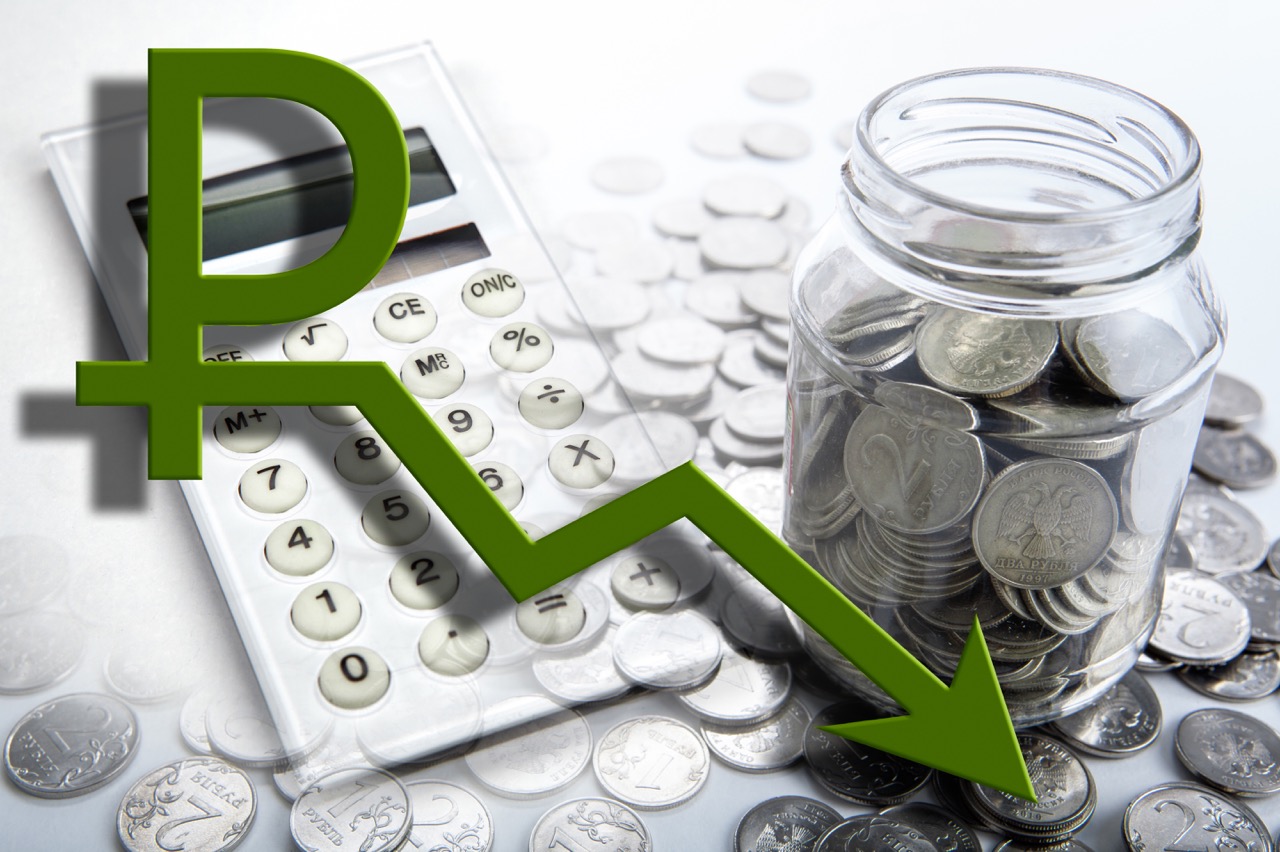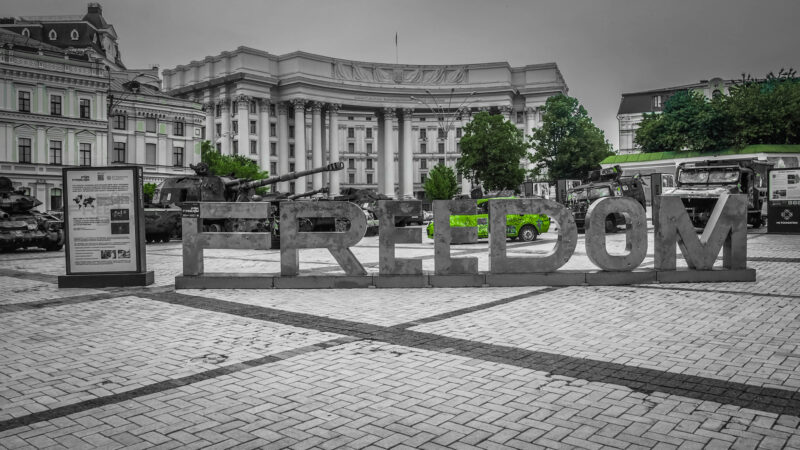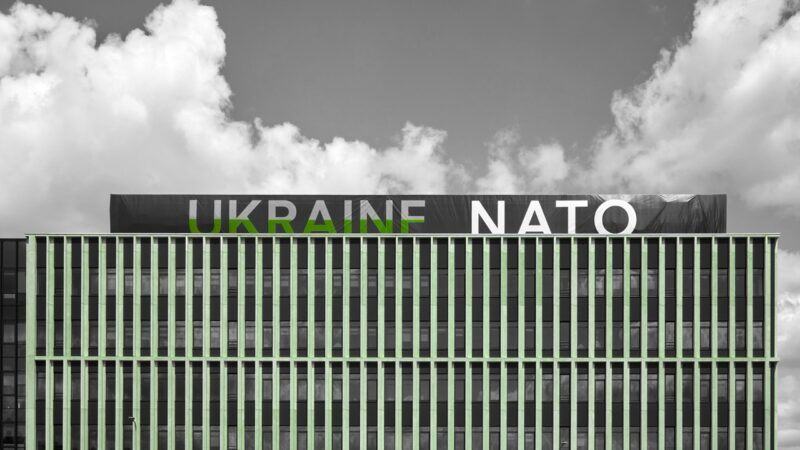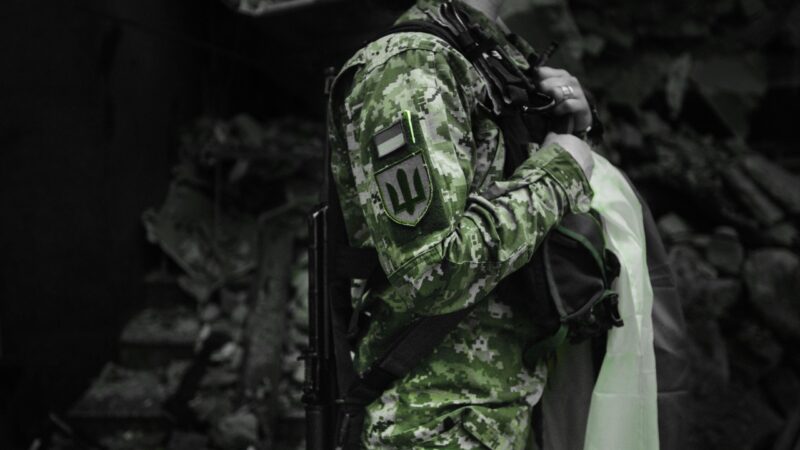Interview with Margarita Balmaceda | Sanctions are indirectly sowing divisions among Russians

Pankieiev: At the outset of Russia’s full-scale invasion of Ukraine, Europe was heavily dependent on Russian gas, and it was one of the factors that prompted Russia to decide to proceed with its war plans. What has Europe done since then to reduce its dependency? What measures have been undertaken in the energy security sector?
Balmaceda: I would identify three types of measures. First, decarbonization has been expedited. A lot of the goals that were to be achieved in perhaps five years were achieved in one year. For instance, the overall average use of natural gas is down by at least 15%.
The second thing is that European countries have been attracting new types of energy, particularly liquefied natural gas (LNG). By the way, people in the US love to describe LNG as a panacea, but I don’t believe it – it is rather problematic from an environmental point of view. The key thing is that Europe has significantly increased its LNG purchases, but it also needs to speed up infrastructure building in order to be able to receive and store it. For example, in Germany they have been talking about building LNG terminals for years. However, the first one was opened only now, and a second one is going to be launched soon.
The third thing that some European states have been doing is providing huge energy subsidies. They are not necessarily aimed at assisting a move away from Russian energy, but they intend to make it politically feasible to move away from Russian energy, by reducing the burden of the higher cost of alternative supplies on individual users and thus preventing a dangerous political backlash This is very important for a variety of reasons. For example, Germany invested about $200 billion in subsidizing energy so that users in Germany don’t feel much impact. This is important, because it is a buffer between moving away from Russian energy and political dissatisfaction.
However, these subsidies were implemented differently in different European countries. And in some other European countries that buffer is not there at all. Moreover, the fact that the subsidization took place inconsistently is very problematic for the EU’s cohesion. For instance, Germany subsidization of industry lead to tensions with other EU partners, which may interpret this aid as countering the EU principle of a common market and a level playing field for all. In sum, subsidies help prevent political backlash at the domestic level, but it’s simultaneously very problematic.
Overall, people are very happy that Western Europe survived last winter—but the weather also helped. It was a relatively warm winter, and many specialists say that the real challenges may come next winter.
Also, in terms of indirect measures, some de facto nationalizations have taken place of infrastructure companies that were owned by Russian actors. In Germany, they had foolishly given Gazprom one of their most important natural gas storage facilities, in Rehden. So they had to take it under the direct control of the state. They also took back a very important oil refinery, the Schwedt oil refinery, that was owned by Rosneft under the direct control of the state.
Pankieiev: It is more than one year and a half into Russia’s full-scale invasion of Ukraine. Russia has been subjected to numerous sanctions. What is your opinion about the sanctions that have been imposed on Russia? How effective have they been? And what is the measurement of their effectiveness?
Balmaceda: Some of the things that Russia complains about—for example, that its ability to export its own grain or fertilizers—those areas have been specifically excluded from sanctions. The point I want to make is that when we talk about sanctions, we can mean official sanctions but we can also refer to sanctions that create a different mood in private actors, who then might be more careful regarding their dealings with Russia. That is the case with Russian grain and fertilizer, for example. While these goods have been excluded from sanctions, even when quite a few Western companies continue to deal with Russia, shippers and insurers are often not eager to do that because of frequent problems with logistics related to being in higher risk and being in a somewhat unclear legal zone.
But let’s go back to the official sanctions: we are already seeing some impact. For example, in the past week, there has been a big devaluation of the Russian ruble. But the real impact of sanctions is never immediate. Suppose you think that the effect of sanctions will be that Russia runs out of money to continue attacking Ukraine, Russia withdraws from Ukraine, and the Russian people rise against Putin. That will not happen, especially in the short term. The impact of sanctions is more indirect and in the longer term—for example, in how members of the Russian elite will calculate their next steps. How will they align their loyalty? How will they determine the relative value of their relationship with Putin versus the relative value of their assets in Western Europe? As a result, divisions will be created among Russian actors. Thus, some of the divisions emerging between Russian actors will be an indirect effect of the sanctions.
But we also need to remember how Russian society and its political system work. The system almost always has a kind of plan B and can go into a “war economy” mobilization stance, and survive.
Pankieiev: In an interview on the Forum last fall, Serhii Plokhy suggested that sanctions and military failures are forcing Russia to get closer to and more dependent on China, effectively helping China to emerge as a global power. Do you see a global shift happening like this?
Balmaceda: In the short term, China is supporting Russia diplomatically and economically. It may indirectly help Russia use the expanded BRICS grouping for diplomatic initiatives. It has also aligned with Russia in the UN. But in the long-term this will not be a beneficial support. Russia and China have a centuries-long relationship of tension and conflict. Furthermore, China is now deeply enmeshed in the world economy, and the Russian and Chinese economies are totally different in size. Russia is becoming increasingly dependent on China’s technologies and banks, which is deepening its debt. As a result, Russia has a prospect of becoming a economic vassal of China.
Pankieiev: Russia’s full-scale invasion has affected the countries of the Global South. Specifically, it is undermining food security in many African countries. Given that Russia is essentially weaponizing food in order to achieve its geopolitical goals, how do you think this particular issue can be addressed?
Balmaceda: The first thing that needs to be done is to take the Global South countries seriously. And I think that in the Global South we are seeing their reaction to feeling neglected by Western states. Secondly, we need to consider their historical reversals. For example, looking at the case of India when one of its leaders was asked: “Why are you silent about this invasion? Why are you tacitly supporting Russia?” he replied, “Well, look at what happened during the Cold War when the US was arming Pakistan and left us nowhere, and it was only the Soviet Union that was supporting us.” So, we need to be mindful of that.
And we also need to be aware of the domestic factors involved here. If you look at Africa, there’s a very, very interesting interplay of food security issues, domestic authoritarian political issues having to do with the role of the military, coup d’états, and then the role of Russian mercenaries. The first thing that needs to be done is to think about these states’ issues and grievances. And how can the Western world help so that these countries do not think about how they might get something from Russia?
For example, Russia says that it will donate grain and fertilizers, but well, we know that it’s just empty words. The reality is that if you know something about development economics it doesn’t help, because if you donate certain things you’re disrupting the actual chains within the country, and using artificial pricing will not help. I think we need to work with the actual deep grievances of theses state and try to help them so that they do not fall into the embrace of these (dubious) promises by Russia. But we also need to work on the domestic side of things, because there’s a dangerous interface between political corruption, coup d’états, reliance on the Russian military actors, and the food security issue.
Pankieiev: It’s difficult to speak about the economy in Ukraine during the war. But what is your assessment of it right now? How is Ukraine coping?
Balmaceda: Some parts of the Ukrainian economy are working well. Many experts have mentioned the railroads and digital infrastructure, for example. Ukraine is also continuing to export steel despite its flagship steel factory, Azovstal, having been destroyed. But the reality is that Ukraine is highly dependent on Western support now. Namely, the European Union and the US gave Ukraine certain extensions on steel quotas so the produced steel could be exported, which is very important for Ukraine. We need also to make sure that foreign markets can access Ukrainian grain. That has brought up objections from Poland and other bordering states, which argue that Ukraine’s grain has lowered domestic prices and presents unfair compatition to their own farmers. It’s a very difficult overall situation.
Pankieiev: Last winter, Russia targeted Ukraine’s electrical grid system. Many believe Russia will also resort to the same tactic this upcoming winter. Is Ukraine vulnerable to it? Has something been done to offset the consequences of this tactic?
Balmaceda: Ukraine is better prepared, because some parts of Ukraine are trying to move to more localized energy sources, so that it is less reliant on the larger grid. Overall, there is a new protocol in place for rebuilding infrastructure that was destroyed by Russia. However, when you have massive bombardment, it is very difficult to repair the damaged system. You need access to the people who can go there and of course to the actual materials needed for the repairs. Currently there is dedicated help from some Western parties to rebuild Ukraine’s damaged infrastructure, but political issues have sprung up. Because repairing infrastructure is expensive, political will in the US and the European Union is necessary in order to ensure a continued supply of support.
Pankieiev: And my last question is about the future. We know that wars end, sooner or later. What strategies do you see for rebuilding Ukraine after the war is over?
Balmaceda: In the past, Ukraine became one of the top net steel exporters through the export of (directly or indirectly) subsidized, high carbon footprint steel produced on the basis of ecologically problematic technology. It could do that because there were a lot of domestic subsidies, and the international barriers were not very high. But now there will be a whole new system of trade, started by the European Union with its CBAM system (the Carbon Border Adjustment Mechanism). They will scrutinize embedded carbon, so high carbon emissions from Ukraine won’t stand a chance.
At the same time, moving to a decarbonized world economy, or attempting to move towards it, makes some countries even more competitive than before. For example, China has already taken over the steel industry globally. And now, if there is a movement towards decarbonized steel-making on the basis of green hydrogen, it turns out that China can also produce low-carbon hydrogen at a cost that is much lower than everybody else.
So, Ukraine will be rebuilding. On the one hand, rebuilding from zero after the destruction of some factories —Azovstal is again an example—allows Ukraine to move directly to better technologies. On the other hand, you have an international environment where some things and industries in which Ukraine was very competitive are being totally reshuffled. What do you do? Do you forget about steel? Or do you try to get investments to make decarbonized steel from Ukraine competitive? And at the same time, I do not doubt that the same oligarchs, or their successors, will be there waiting for those subsidies.
So, it will be a different international environment, with new actors acquiring more importance because of the need for decarbonization and new laws. And this will require Ukraine to rethink how it will be incorporated into the global economy. So, these are essential questions. And that’s why we need to start thinking about it immediately, starting now.





